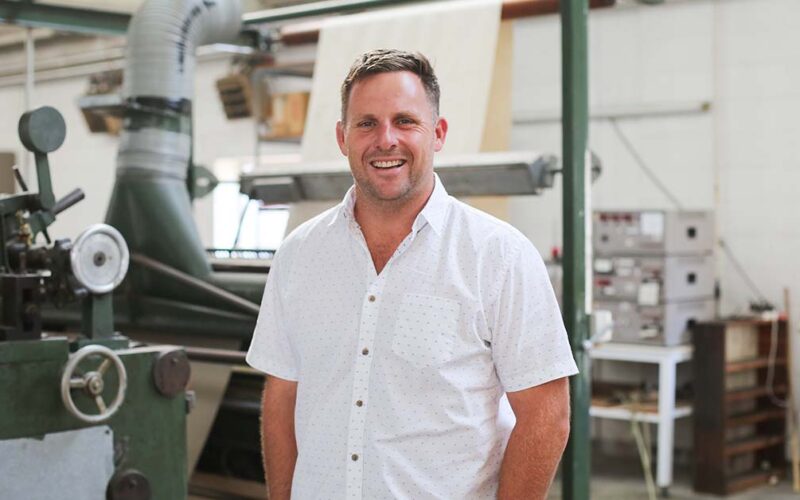Plenty of questions were asked about Beef + Lamb New Zealand’s advocacy role at the board’s annual meeting this week, but levy payers delivered mixed messages on exactly what change they want.
The impact of the He Waka Eke Noa agreement galvanised the New Plymouth meeting, but there was confusion about what levy payers saw as a solution
One remit called for BLNZ to leave HWEN and another for it to stay in the partnership if it can negotiate a better deal for sheep and beef farmers. Another motion, which did not carry, sought a vote of no confidence in the board.
Yet another called on BLNZ, when faced with conflict during joint sector advocacy, to prioritise the championing of sheep and beef farmers.
The remits, which were non-binding, reflected frustration with the fact that the HWEN agreement imposes a higher burden of the cost of agricultural greenhouse gases on the sheep and beef sector.
There was also a view BLNZ should have consulted better and been more hardnosed in its negotiations.
The fear of future encroachment of forestry on sheep and beef farmland was also real.
Manawatū consultant Erica van Reenen warned that should BLNZ pull out of HWEN, the partnership would no longer exist and the cabinet would then decide how agricultural greenhouse gases would be priced.
“The sector would not be sitting at the table having a practical discussion with officials.
“Our views have been heard and positions have changed as a result,” she said.
Waikato farmer and Nuffield scholar Phillip Weir, who has studied the role of levy groups and the difference between extension and political advocacy, told the meeting the two roles can be conflicting for organisations.
Despite the confronting nature of the remits and an obvious mood for change, the meeting was not heated.
Those attending were blunt but respectful and their passion for their industry was palpable.
Eketāhuna farmer Lindy Nelson described the meeting as “democracy in action”, something she said has been missing from NZ on recent years.
She challenged farmers to find real solutions, saying 36 years ago her husband marched on Parliament against the proposed fat tax, an issue the sector is still debating.
“When are we actually going to solve this issue?”
Waikato farmer Jason Barrier noted farmers were not advocating a do-nothing approach.
“No farmer who has talked today is saying we should not do anything; what they are talking about is that we need to do it better.”
Outgoing chair Andrew Morrison set the scene by reminding levy players that the board was working in the real world, not the one they would like to work in.
Reflecting on that real world, Morrison said the board was “thrown to the wolves”, such was the deluge of government policy it had to deal with and from which it tried to achieve the best possible result for levy payers.
Add to that Mycoplasma bovis and covid, and Morrison described his five years as chair as all consuming.
ANZCO chief executive and board member Peter Conley said the message was clear that BLNZ needs to up its game by listening and communicating better.
But he noted there was no playbook to follow as the sector grappled with covid and HWEN.
“We are in this together and need each other.”
He conceded the Meat Industry Association – on whose council he sits – needs to be more involved in helping to resolve challenges confronting its suppliers










